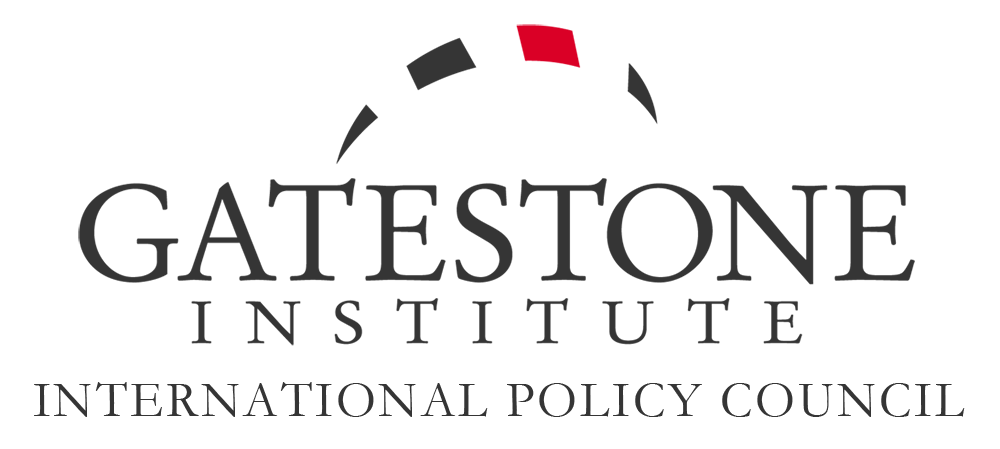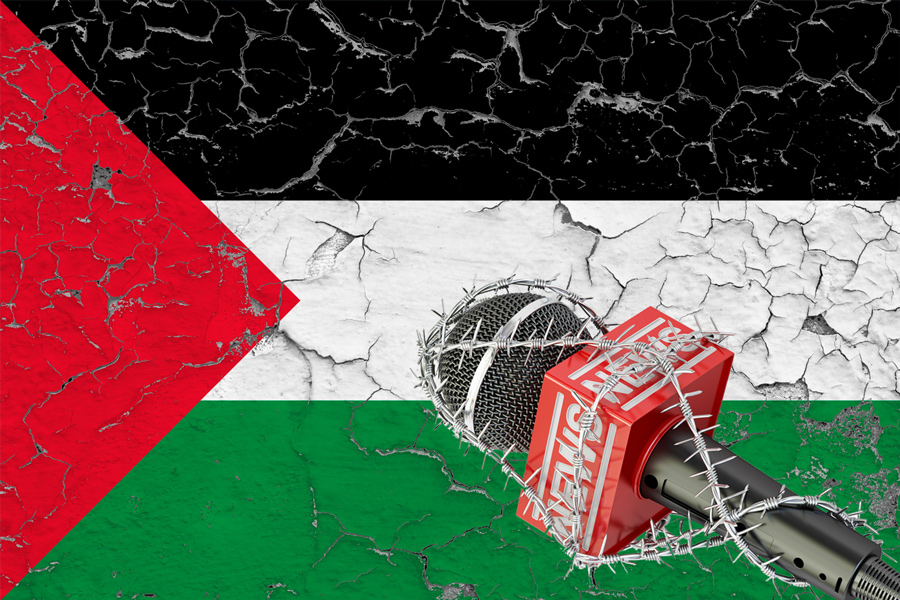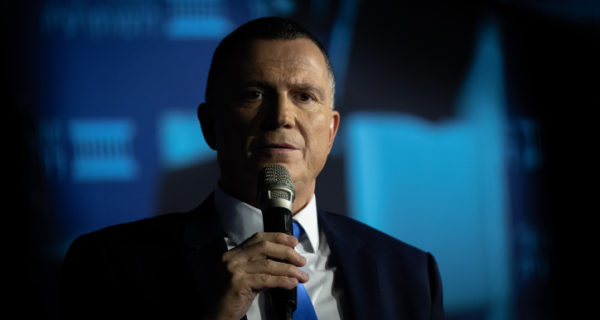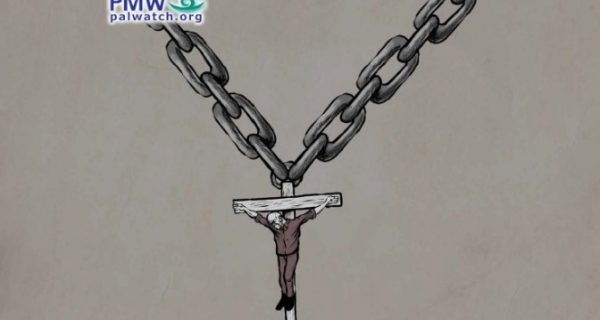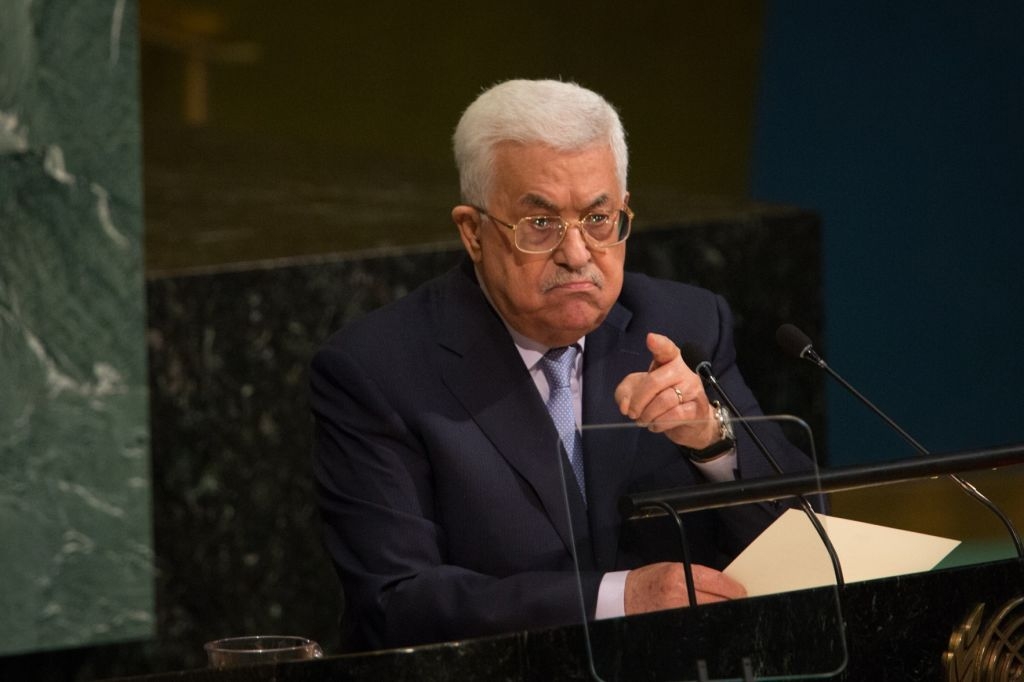In this mailing:
- Judith Bergman: Sweden: What to Do About Gang Violence?
- Josef Zbořil: Europe: Cooperative Free Nations or Overly Controlled by Brussels?
by Judith Bergman • October 29, 2019 at 5:00 am
In Sweden, crucial societal issues, such as who is behind the current crime epidemic, are a public taboo.
"With the exception of three people in the survey, all have been offered help since they were boys. Some of them were already registered with the police as ten-year-olds... They have undergone programs... far from the criminal environment in Malmö.... It has not worked. In many cases, social services use the same words: all resources have been exhausted. Put another way: what the social services have done so far does not help, and there are no more measures to try out". — Sydsvenskan, September 21, 2019
The government therefore recently presented a new initiative, which seeks to tackle the gang violence. The government proposal, however, never specifically mentions who is mainly behind the gang violence and that its own migration policies have in large part created the situation in which Swedish society now finds itself.
These are facts that mainstream politicians have avoided discussing openly for years. The question is: How do you solve a critical societal problem... without talking about it openly?
It does not seem likely that any of these hardened criminals will be swayed much by "increased investments in schools and social services in 'vulnerable areas'", as one of the government proposals suggests.

In Sweden, where gang crime has become extremely violent, crucial societal issues, such as who is behind the current crime epidemic, are a public taboo. How do you solve a critical societal problem that is maiming and killing people, without talking about it openly? (Image source: iStock)
"Since 2015, 32 people have been shot dead in 30 separate acts in Malmö's latest murder wave. Our survey of the murders shows that more than 120 young men are linked to them in different ways", according to a recent series of reports about gang violence in the Swedish mainstream newspaper, Sydsvenskan.
"There is much talk about 'gang wars' in Malmö," the report relates.
by Josef Zbořil • October 29, 2019 at 4:00 am
" We are not 'citizens of the world'... ; we are also not citizens of Europe. We are inhabitants of Europe, but citizens of our nation states..." — Václav Klaus; MCC Budapest Summit on Migration; Hungary; March 23, 2019.
"The European elites understood that to succeed in their ambition to get rid of the nation-states and to create a State of Europe... they have to dissolve the old existing nations by mixing them with migrants from all over the world. By means of this procedure they want to create a new, truly European man, a Homo bruxellarum. This is the main reason why they are – without paying attention to all kinds of negative and destructive side-effects – supporting and promoting mass migration." — Václav Klaus, MCC Budapest Summit on Migration, Hungary; March 23, 2019.
"Multiculturalism is not a manifestation of Europe's generosity, or some noble embodiment of love and truth. [It] is what remains after mass migration reveals itself as a threat, rather than a benefit, to the economies of European countries." — Jan Keller, Czech sociologist, October 16, 2018.
"The [European] community must rely fully on the spiritual, intellectual, and political values that in recent decades have been maintained, cultivated, and practiced in the democratic countries of Western Europe. I mean values like political and economic plurality, parliamentary democracy, respect for civil rights and freedoms, the decentralization of local administration and municipal government, and all that these things imply...It does not mean adaptation to something alien..." — Vaclav Havel, "Summer Meditations", 1991.

Europe is in the throes of an internal debate between those who continue to view it as a constellation of free nations and those who see it as an entity controlled by Brussels. Pictured: The Berlaymont building in Brussels, Belgium, headquarters of the European Commission. (Image source: Romaine/Wikimedia Commons)
Europe is in the throes of an internal debate between those who continue to view it as a constellation of free nations and those who see it as an entity controlled by Brussels.
Although the Brexit controversy may highlight this split, the conflict -- as the former Czech President (and former Prime Minister), Václav Klaus, pointed out 13 years ago -- has been raging for decades:
In his 2006 book, What is Europeism, Or, What Should Not be the Future for Europe?, Klaus wrote:
|
|
|
